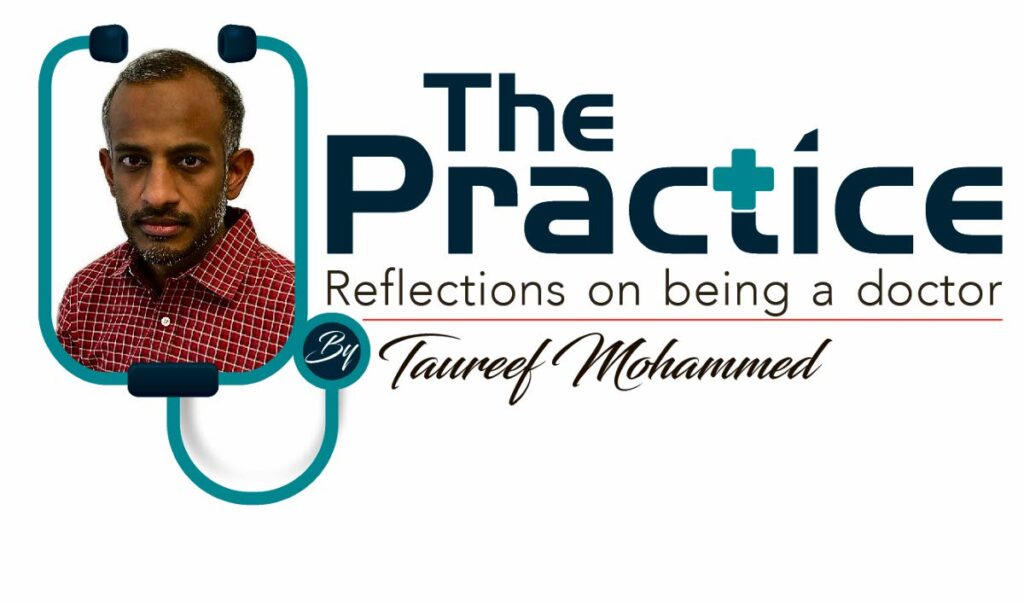‘To don’t lists’ for the New Year
Written by Debbie Jacob on December 30, 2024

Debbie Jacob
MAYBE IT’S time to shake the tradition of New Year’s resolutions and substitute something more meaningful and achievable in their place. An article entitled Six Unusual Alternatives to Traditional New Year’s Resolutions by Vanessa Lancaster in the January 12, 2023 edition of Psychology Today suggests some interesting ideas while reminding us that less that 20 per cent of people who make New Year’s resolutions are following them two years after they are made.
The trend now is to identify and support behavioural change in more achievable time frames, rather than concentrate on final outcomes for long-term goals. Lancaster suggests identifying “nudge” words to measure progress over time instead of setting behavioural end goals.
A nudge word triggers a change in behaviour and taps into values that support goals. She mentions nudge words like “grateful” and “explore.” I would add appreciate, empathise or understand to the list.
Lancaster’s second suggestion is to create a “to don’t list.” She says, “Don’t say yes to everything” when someone asks you to do something for them. I would add don’t schedule more than one meeting in a day, and don’t allow people to destabilise you with criticism. Don’t get upset with inconsiderate drivers, and don’t do more than three errands a day.
To don’t lists save energy and diminish stress. They remind us to focus on our own behaviour and not judge ourselves by others’ expectations.
I also like Lancaster’s suggestion to create one-month resolutions. Identifying a behaviour to master in one month is more achievable than tracking a behaviour for a whole year. This is an easier measurable for success and allows you to experiment with mastering multiple behavioural changes in a year.
A site called Mooditude suggests counting your accomplishments rather than your flaws for the next year. It would be worthwhile to write down something special you accomplish every day and read the compiled list at the end of the year.
Mooditude also flips the script for you to concentrate on habits rather than goals. If you practise a habit long enough it naturally leads to a goal. That goal can feel very far off, but if you’re measuring habits, you can feel success all along the way to that goal. Celebrating the small steps it takes to succeed can be very rewarding.
Mooditude also suggests a mindful practice of forgiving yourself for mistakes. If you can flip the script and turn mistakes into a learning experience, you will be happier and more productive.
Another Psychology Today article by Kendra Levin, posted on December 30, 2020, suggests setting intentions as a foolproof, guilt-free way of measuring accomplishments in a day.
You could intend to eat less, be more productive or be less angry. If you measure the intention rather than any failure, you can learn from mistakes and improve behaviours.
Levin also suggests setting a theme or motto for the year. These are reminders of the behaviours you want to reinforce.
Another focus is to define or redefine your mission in life. Levin asks, “What is the driving force behind everything you do? What’s your personal mission in life?”
My New Year’s resolutions always include a reading goal set on Goodreads for the upcoming year. This year, I want to concentrate on something more meaningful than the number of books I read. I’m thinking about exploring a new country by reading at least one book by an author from that place.
This year I’ve noticed a rise in popularity for novellas and short stories. I’d like to explore shorter works along with work from small presses that have always been supporters of good, literary fiction. As fiction becomes more commercialised, I often find I am not gripped by work from large publishers. Small presses offer a whole other world of literature.
New Year’s resolutions are still a good idea because we all need to concentrate on changing and improving behaviours that stand in the way of health and happiness. Change is hard, but it’s important. The trick is to find new and innovative ways to improve. It’s good to know there are worthwhile alternatives to New Year’s resolutions.
Self-improvement should never feel like a resentful chore. It should excite and energise us. If New Year’s resolutions aren’t doing the trick, then it’s time to reassess and experiment with a new plan. Scale down expectations and gear up for meaningful, measurable changes. Sometimes we just need to look at progress in a whole new light.
The post ‘To don’t lists’ for the New Year appeared first on Trinidad and Tobago Newsday.




